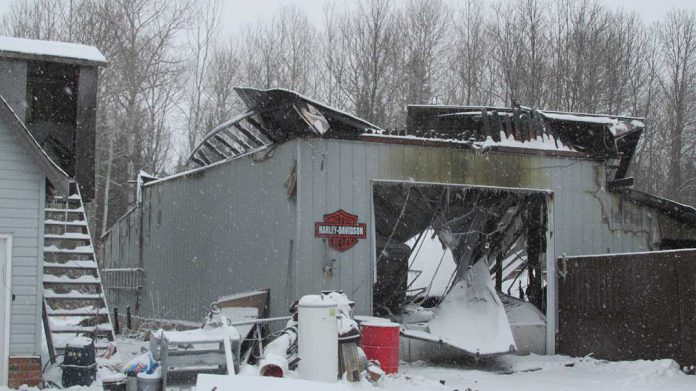Consumers deserve the best protection but don’t always get it
One constant in our northern lives is a reliance on fuel for energy. Some of us still heat with oil and most drive gas-powered vehicles which keep us keenly aware of the fluctuations in the price of fuel. We know when the price of a barrel of oil goes up because it usually shows up at the gas pumps immediately, but when the price drops, the correction for consumers is nowhere near as swift. This contributes to the sense that gas companies are fixing the prices at the pump.
While suspicions about gas prices remain unproven, there have been recent cases of price fixing and tampering with products to encourage consumers to purchase replacements. For example, many people have signed up for a $25 grocery card from Loblaws. It is being offered because the company admitted in December that they were part of a scheme to inflate bread prices that took place over a period of 14 years. While they quickly offered customers gift cards in an attempt to repair consumer confidence in their brand, they are also bracing for a billion dollar class action lawsuit that names them along with other grocers. The lawsuit is being led by Elliot Lake anti-poverty activist Irene Breckon, who was outraged at the idea that $25 could excuse years of gouging consumers.
The scandal grew considerably when the Competition Bureau reported that it believes wholesalers Canada Bread Company Ltd. and George Weston Ltd., as well as retailers Loblaws, Sobeys, Metro and Giant Tiger committed indictable crimes under the Competition Act related to price fixing on bread. This is a serious development that should catch the attention of most Canadians and any other sectors of our economy that might be engaged in price fixing.
In addition to the work of the Competition Bureau, there is a role for parliamentarians to play in protecting consumers. Just this week, the Parliamentary Committee on Industry Science and Technology adopted an NDP proposal to hold hearings on the recent Apple iPhone battery scandal. They will investigate Apple’s acknowledgement that the performance of the iPhone 6 and older models was deliberately slowed down as part of a recent operating system software update. Owners of the phones are outraged that Apple failed to inform them that the update would slow down browsing speed and feel it was designed to make them want newer and faster phones.
In the coming weeks, the committee will invite Apple and other stakeholders to Ottawa to discuss the impacts of this on Canadian consumers. Given that Apple just broke its own records for profit and revenue they will have a lot of explaining to do. Their planned obsolescence scheme was executed to near perfection, but in the end they were caught. The committee study should help to launch a broader discussion on the relationship between producers and consumers.
Those are two examples of ways that the interests of consumers are being taken seriously, but the elephant in the room remains the price of fuel at the pump. New Democrats have long proposed the creation of a gas ombudsman’s office to help ensure there is no price fixing. To date there has been no willing partner among the other political parties. Perhaps recent examples of price fixing and planned obsolescence will help more politicians understand there is an appetite for strong oversight of this sector too.




